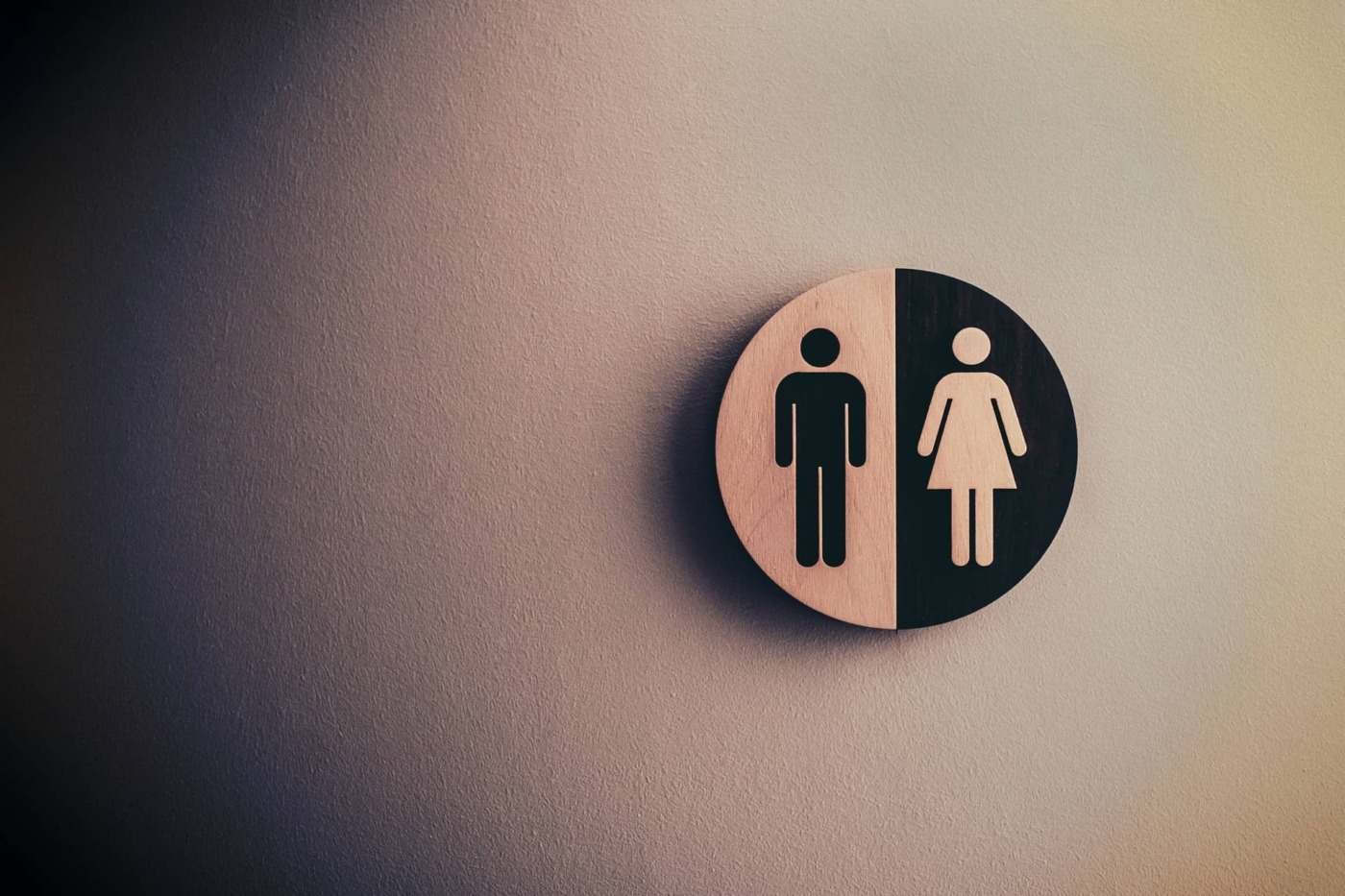Should misandrist books be banned?
Moi les hommes, je les déteste, an essay by the French feminist Pauline Harmange, has recently been banned from publication by French government officials. Translating into English as I hate men, it is easy to see why the blunt title caused uproar among those who claim to fight for gender equality – surely hating men goes against ideas of equality?
In the book, Harmange defends Misandry as a form of feminism. She describes how feminist movements have previously needed to avoid association with ‘man-hating’ in order to be taken seriously by men, who would never be allies with a movement that treats them with such hostility. She puts forward positive ideas about solidarity between women, emphasising the importance of strong female bonds, saying that women can ‘flourish when we put men aside.’
Ralph Zurmély, advisor to the French government ministry for gender equality, reacted to the book with anger. Inciting hatred on the grounds of gender is criminalised in France. Whether he genuinely believes the book is dangerous for men, or whether his masculinity felt threatened by the idea that a man could ever be hated, Zurmély called for the book to be banned. In an attempt at criticism he describes it as an ‘Ode to misandry’. This is a quote I would agree with. Harmange is not shy about her support for misandrist movements. However, claiming that the book could incite hatred, or even violence seems to be a miscomprehension of what the book is really about.
Automatically censoring all ideas that go against the accepted norm is dangerous
The book’s publishers, Monstrograph, reacted to the ban on publication saying that the book has no intention to stir up hatred. The author Harmange emphasises this in a post to her blog, describing the book as an invitation ‘to imagine new ways of being, to take less account of the often unsupported opinions of men’. She makes it clear that it is not an invitation to blindly hate all men.
Books such as Moi les hommes, je les déteste provide new ideas to a feminist movement that is ever changing. Harmange cites the success of recent movements, such as #MeToo, as inspiration for her book. Automatically censoring all ideas that go against the accepted norm is dangerous: for women’s rights movements to continue making progress we have to listen to these ideas, however radical they may seem at first glance.
Those who are angry about Harmange’s essay must be screaming to ask: ‘But what if the genders were reversed?’ It is true that ‘I hate women’ would not be an acceptable book title in today’s society. So why can we accept it for men? Because we live in a naturally misogynistic society, where even after hundreds of years of feminist movements one in two girls aged 14-21 have been a victim of unwanted street harassment, and where one in three women experience domestic violence at some point in their lives. The effects of misogyny are extremely harmful, whereas misandry is far less likely to have negative consequences for men.
Rather than immediately banning them, we should consider why women feel the need for misandry
Despite this, stereotypes can be harmful, and the idea that men are violent and dangerous towards women has been twisted to harm both men and women. In JK Rowling’s recent essay about ‘Sex and Gender Issues’ she cites her own experience with domestic violence as a reason to exclude trans women from same-sex spaces. She speaks as though trans women threaten the safety of cisgender women. What she fails to address is that the problem lies with predatory men, not with trans women. Misandry being used in this way is dangerous, as is any published work which attacks an already vulnerable community.
Authors whose books encourage us to discriminate against, or to hurt another group of people should not be given a platform. However, books such as Harmange’s take misandry as a positive, as a necessary reaction to a misogynistic world. Rather than immediately banning them, we should consider why women feel the need for misandry. A man feeling hurt by a book title is not equal to the years of violence and oppression faced by women.

Comments (1)
Yeah, but violence faced by men? I mean, WOMEN were hardly the ones going to war throughout history, men were. And in some countries, still are. MEN had their genitals mutilated, and still do, just like women. I think about 90% of the things women complain about, happen to men just as much, if not more. Rape, domestic violence, etc, all happen to men to.